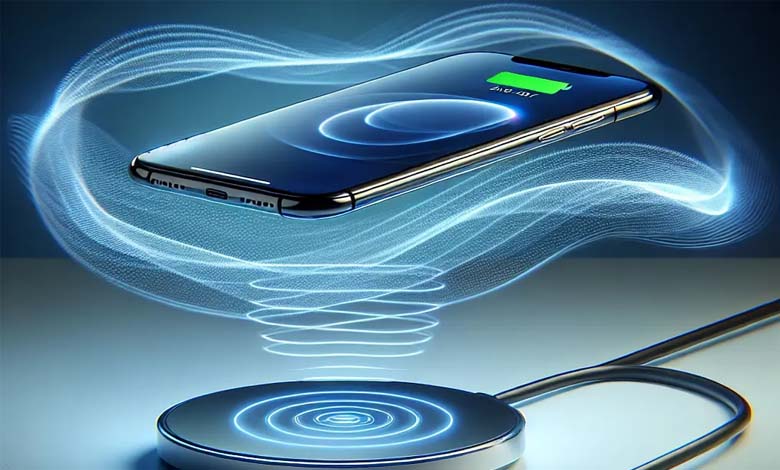Wired or Wireless Charging: Which is Better?

With the advancement of technology, wireless charging has become one of the modern innovations that attract attention. Despite the advantages of wireless charging, such as convenience and safety, wired charging still holds its ground due to its speed and efficiency.
With the spread of wireless charging, everyone is wondering: will wireless charging replace the traditional wired method?
Wireless Charging
The Qi standard is at the core of wireless charging technology. It is a protocol created by the “Wireless Power Consortium,” allowing for easy charging by aligning the charging base and the device. When they are close, the device charges without the need for cables, which is much more convenient than traditional wired charging. Wireless charging also reduces wear and tear on your device, as it lessens the strain on the phone’s charging port.
-
Musk’s Latest: Advanced Technology Restores Sight for the Blind
-
New technology allows swimming enthusiasts to listen to music underwater
Wireless charging also allows for multiple devices to be charged simultaneously, eliminating the need to carry various types of cables. Additionally, wireless charging provides a safer way to transfer power to your phone, avoiding risks to your safety and data.
A lesser-known risk associated with public USB charging ports is that these free charging stations may collect data without your knowledge, another reason why wireless charging is preferable.
-
“Cheating Gate”… Hidden Spying Technology in Google
-
Facebook: Meta removes discriminatory criteria from its ad targeting technology
However, not all cables have disappeared, as a wire is still needed to connect the charging base to a power source. One downside of wireless charging is that it is slower and less efficient than wired charging. Since wireless charging takes longer to charge your phone, it also consumes more energy to fully charge it and tends to heat the phone, which could harm the battery.
Wired Charging
Wired charging remains the preferred method for many phone users as it charges the phone quickly, which is great when you’re in a hurry. However, wired charging is not ideal; the need for cables can be bothersome as they may tangle, get lost, or break, causing additional issues and costs. Just two cables are enough to clutter your table, not to mention the tripping hazards they pose.
-
Google Maps Adds Artificial Intelligence Features
-
“An Unpronounceable Number”: Russia Fines Google an Astronomical Amount
Conclusion
Comparing wireless and wired charging is challenging, as both have their advantages and disadvantages. While wireless charging usually takes longer to charge a device due to lower efficiency and slower power transfer rates, it’s useful for those looking to eliminate cables.
Wired charging is essential for those who want to charge their phone quickly and do not have the time to wait. Although both wired and wireless fast chargers generate heat, which could degrade the battery over time, the impact is minimal compared to other daily habits. The best solution is to use a mix of wired and wireless charging depending on your needs and the available time for charging.
-
Artificial Intelligence Puts Software Engineers at Risk
-
7 Ways to Reduce Internet Data Usage on Android Phones












